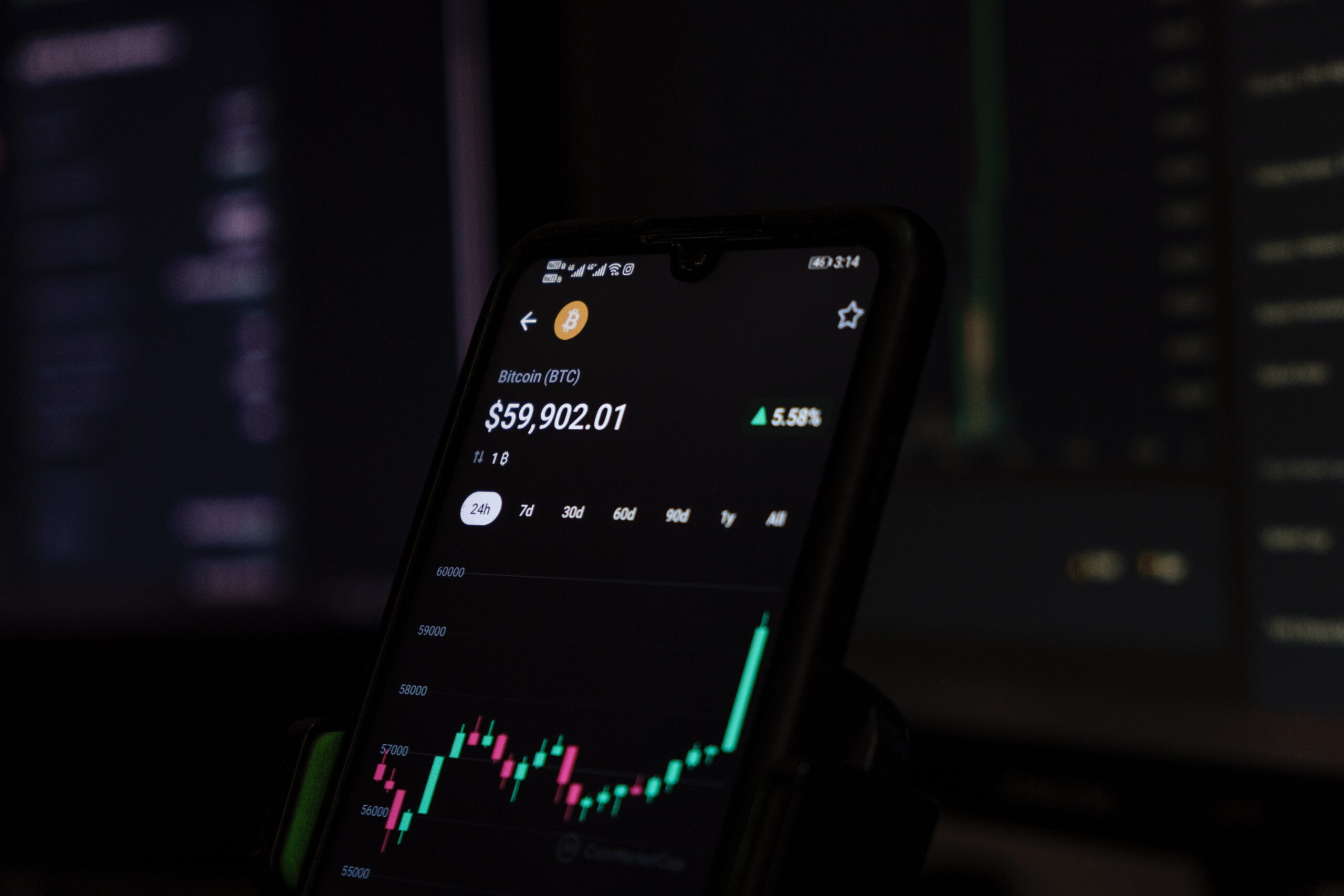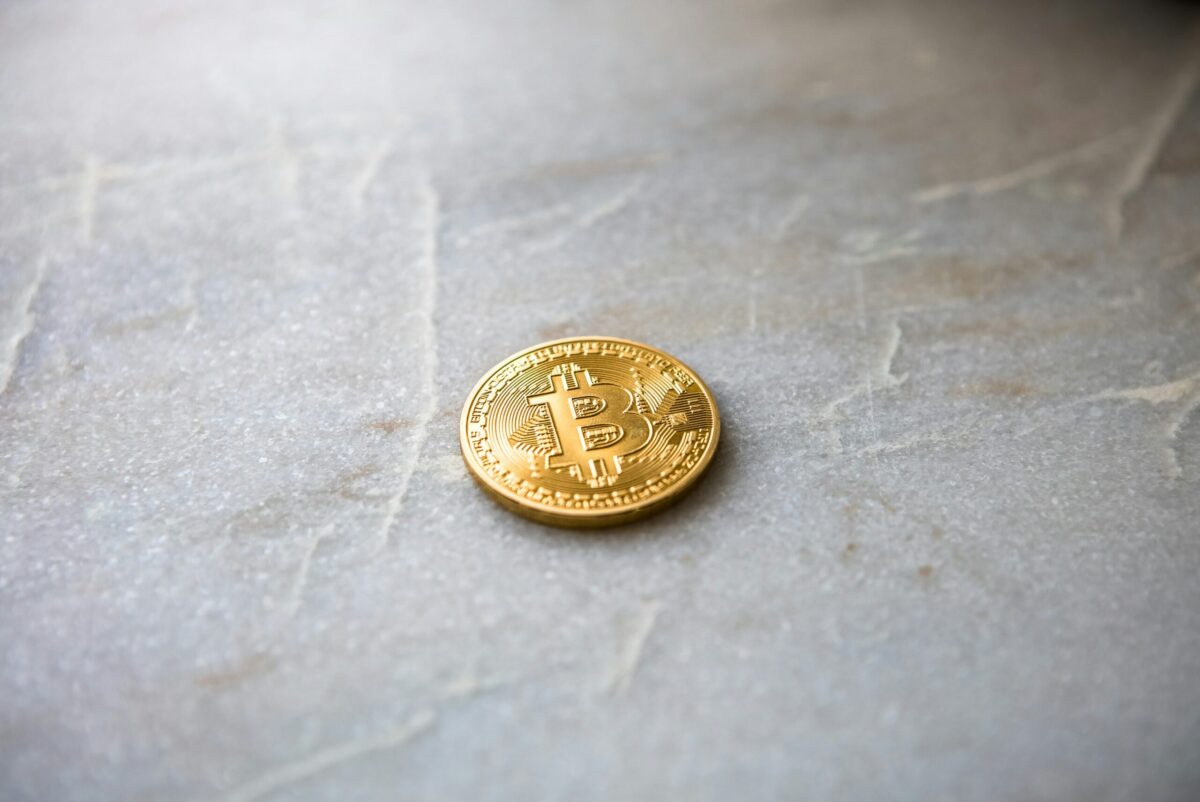In a tumultuous week for the crypto industry, the United States’ Securities and Exchange Commission (SEC) is continuing its aggressive onslaught of the crypto industry by initiating a lawsuit against two major players: Binance and Coinbase.
This legal barrage has left the industry grappling with unanswered questions and uncertainty. The pressing query on everyone’s mind is why the SEC persists in its relentless legal pursuit of the crypto sphere especially as the United States presents itself as a hub for technological advancements.
Ran Neuner, CNBC crypto trader and founder of Crypto Banter, has explored a different angle to the debacle. He believes that the regulatory watchdog is assuming a tactical approach to financial cripple industry players like Coinbase through lengthy legal tussles.
‘The SEC is playing very smart against Coinbase – they have an unfair advantage.
‘They are pushing Coinbase into huge legal fees and at the same time reducing the tokens they can trade on the platform and choking the on-ramps to hurt Coinbase revenue
‘At the same time they can see through transparent reports exactly how much money Coinbase has to keep fighting,’ he tweeted.
According to recent SEC filings, the regulatory body has classified 13 out of the 254 cryptocurrencies available on Coinbase as securities. These coins – including Cardano (ADA), Solana (SOL), Polygon (MATIC), Filecoin (FIL), Sandbox (SAND), Axie Infinity (AXS), Chiliz (CHZ), Flow (FLOW), Internet Computer Price (ICP), Near (NEAR), Voyager (VGX), Dash (DASH), and Nexo (NEXO) – collectively hold a market capitalisation of $37billion.
If Coinbase is compelled to delist these coins, the repercussions would be significant. The exchange’s trading volume would experience a notable reduction, accompanied by a decline in its user base. Consequently, Coinbase would suffer revenue losses stemming from reduced trading fees and a diminished user base.
SEC access to Coinbase
Neuner believes that SEC’s access to Coinbase’s transparency reports tenders it an unfair advantage in the legal showdown. This access which creates an information asymmetry could be used to build a stronger case or simply drag the case in order to financially cripple Coinbase.
Given the SEC’s status as a government entity with substantial financial resources, a prolonged legal battle could potentially inflict significant harm on Coinbase. Brad Garlinghouse, CEO of Ripple, confirmed this when he stated that Ripple would have spent $200million by the conclusion of their lawsuit against the SEC. The stark contrast in financial capabilities between the SEC and Coinbase underscores the potential challenges and financial strain that Coinbase may face in defending its position.
Coinbase CEO Brian Armstrong however remains unfazed by the challenges.
“We’re proud to represent the industry in court to finally get some clarity around crypto rules ….. Instead of publishing a clear rule book, the SEC has taken a regulation by enforcement approach that is harming America. So if we need to avail ourselves of the courts to get clarity, so be it,” He tweeted.
With the ripple effect of this legal showdown stretching beyond Coinbase, industry participants closely watch the proceedings, hoping for a fair and transparent resolution.


